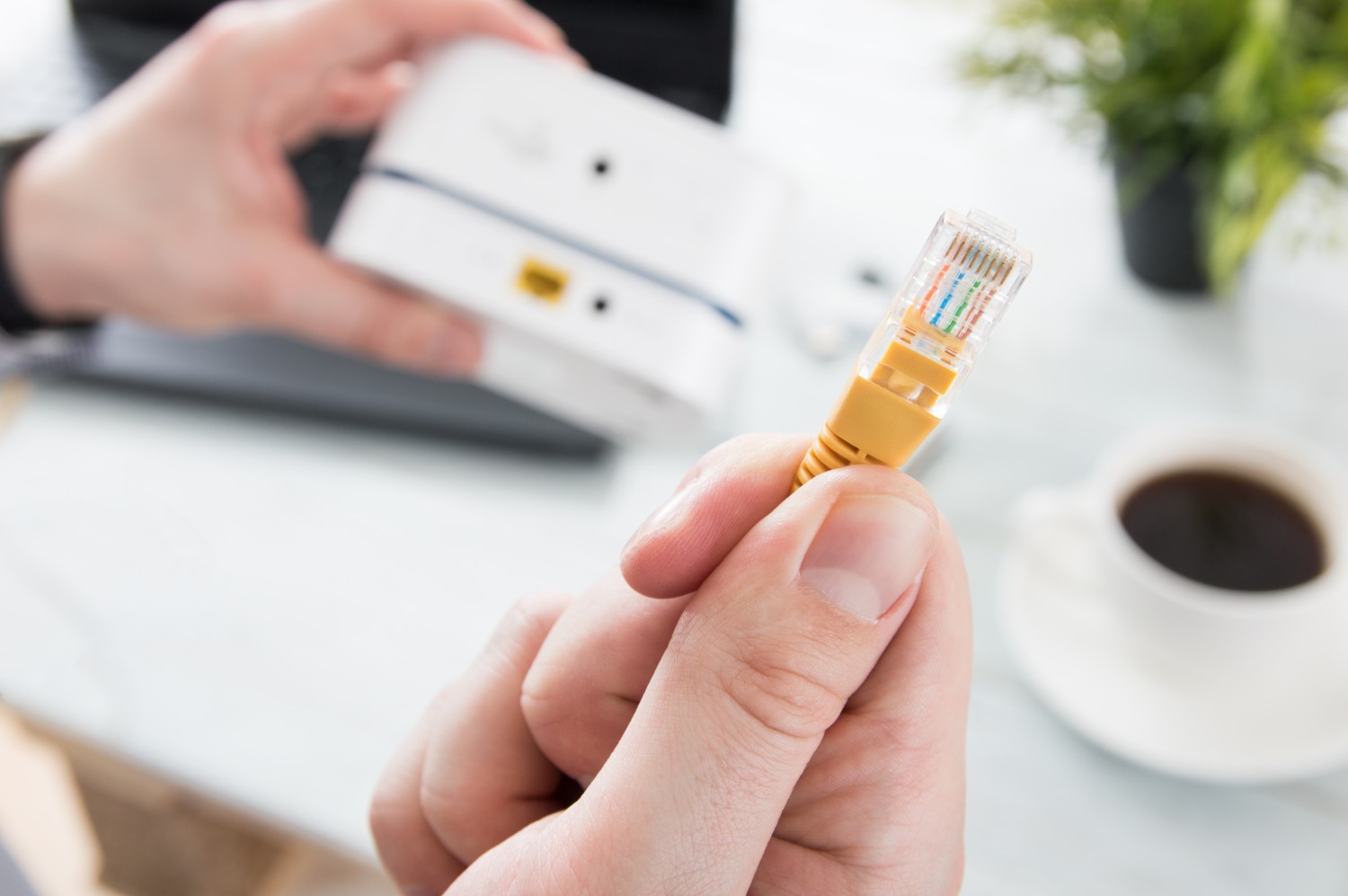After news broke last week that New York attorney general Eric Schneiderman is suing Time Warner Cable over internet speeds, it’s raising questions about whether it’s better to use equipment provided by cable companies or if it’s a wiser move to purchase your own.
According to Consumerist, the lawsuit alleges that customers of Time Warner Cable and Charter didn’t receive the “blazing fast” internet they signed up for and were promised. In addition, Time Warner Cable is also accused of wrongfully assuring customers they’d be able to get that promised fast speed through WiFi using the modem and routers provided by the company.
Experts from Consumer Reports warn that all customers, not just those who have had Time Warner Cable, now Spectrum, should look into alternative equipment rather than use the equipment provided by the cable companies. Here’s why:
1. It Will Save You Money In The Long Run
Consumer Reports found that renting a router provided by your cable company usually costs anywhere from $5 to $10 per month, which equates to roughly $60 to $120 per year in rental fees alone.
A good router these days can vary in price, but if you’re looking for a decent one that is approved on the Consumer Reports router rating list, you can expect to spend anywhere from as little as $31 to as much as $300. The median price range hovers around the $100 mark, meaning the router would pay for itself within a year and a half or less.
2. Your Equipment Will Probably Work Better
In the Time Warner Cable case, New York’s attorney general alleges that the company provided customers with outdated equipment, knowing that the routers the company gave customers to rent could not provide the WiFi speeds promised.
Consumerist also notes that the Time Warner Cable lawsuit cites an internal company presentation from 2013, where the staff of Time Warner Cable acknowledged that 75% of the modems associated with the 20Mbps plan couldn’t even deliver that speed.
Even more surprising, Consumerist points out that the company convinced the FCC to not include data from these older modems in its annual report of broadband speeds, based on the promise that they would be replaced.
3. You’ll Have The Newest Technology
With technology changing and evolving at the speed of light, it might not be a bad idea to invest in a router that can handle it. A majority of the new routers on the market promise to provide whole-home coverage, while some of the models that may be provided by the cable companies may only cover a room or two.
Not to mention, the design of the router has come a long way. Moving from larger box-like towers to much smaller and display-friendly designs, a new router won’t be such an eyesore if placed next to your computer or TV.







